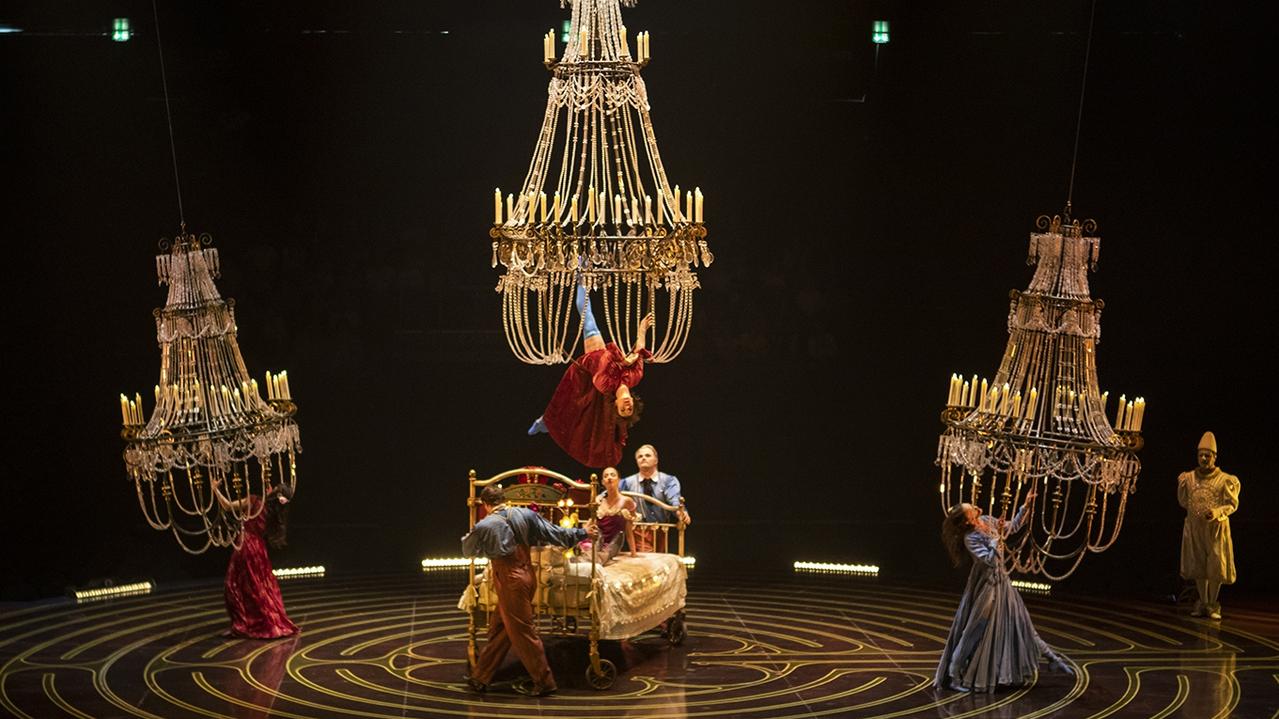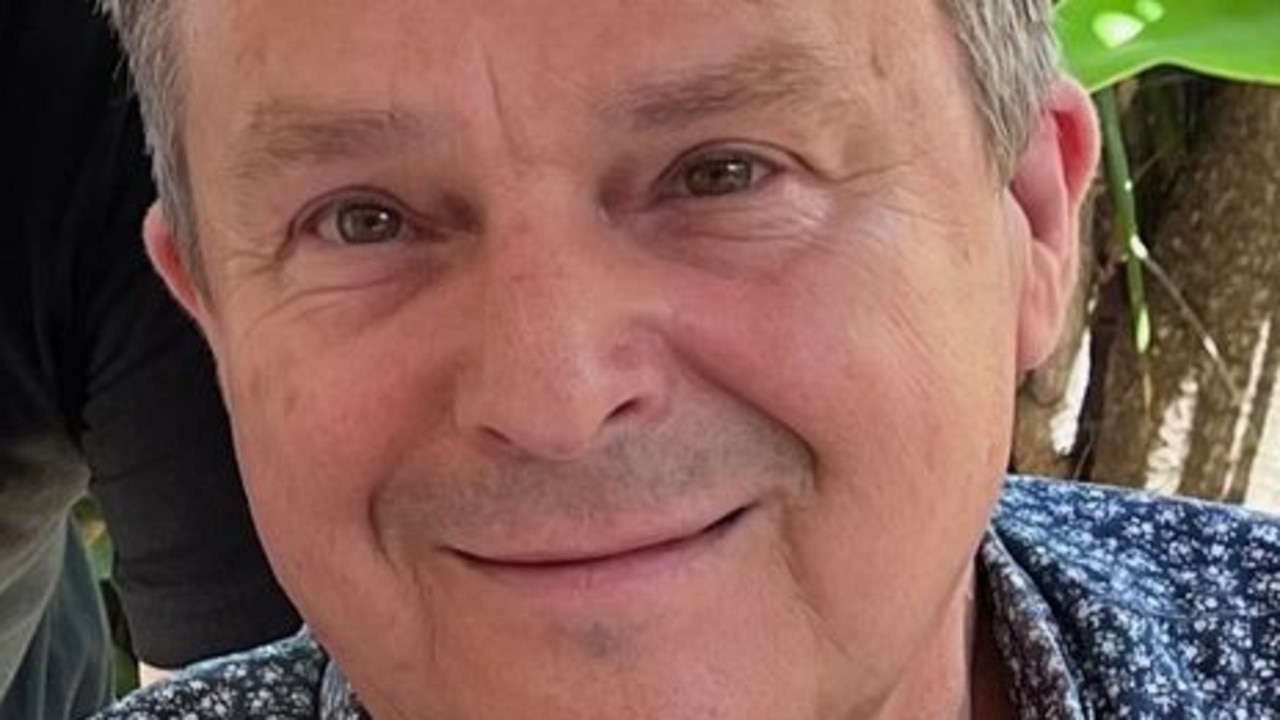Australia Council $25,000 annual art grants leave ‘ordinary’ artists behind
The latest artists chosen for $25,000 Australia Council for the Arts grants tick so many “inclusion and diversity” boxes the awards should have been renamed the “Annual Woke Awards”, a free speech think-tanks says.
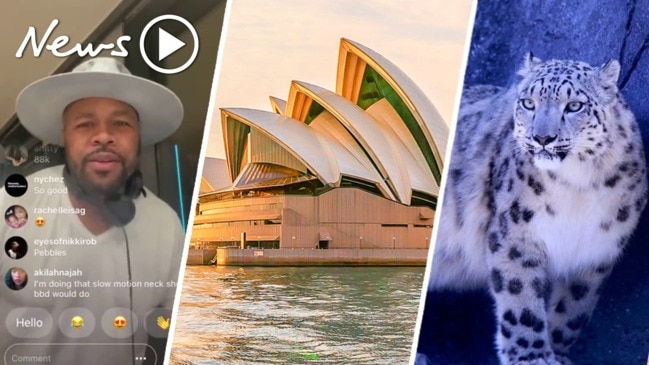
Arts
Don't miss out on the headlines from Arts. Followed categories will be added to My News.
The latest round of artists chosen for $25,000 Australia Council for the Arts grants tick so many “inclusion and diversity” boxes the awards should have been renamed the “Annual Woke Awards”, says a think-tank devoted to free speech.
And celebrated symbolic landscape painter Tim Storrier has also weighed into the debate, saying the Australia Council for the Arts was a “highly politicised organisation” and the language of the awards made it clear “it has become a standard neo Marxist postmodern funding council”.
Ordinary suburban and regional artists are being left behind by the inner-city elites, argues the Institute of Public Affairs, after analysing the annual taxpayer funded awards.
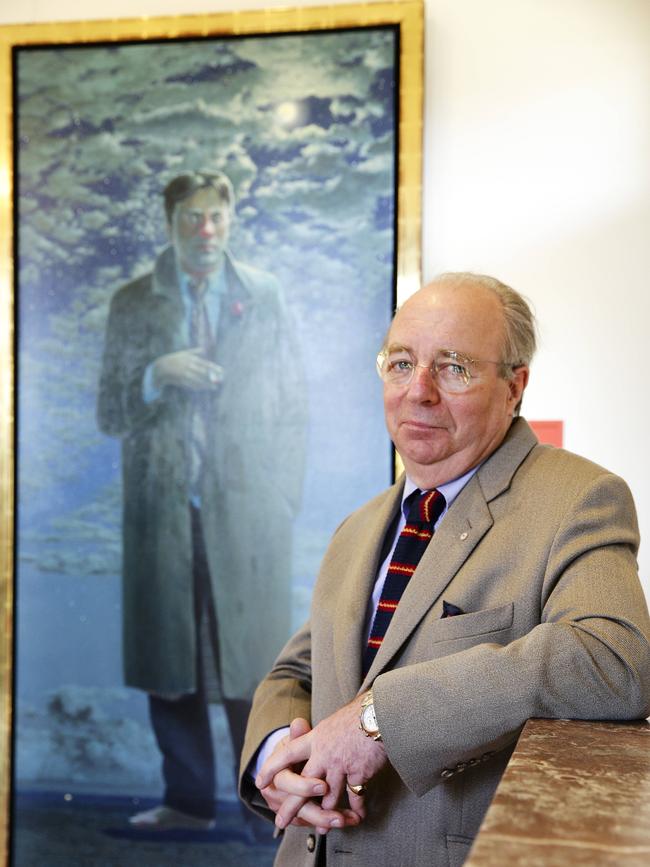
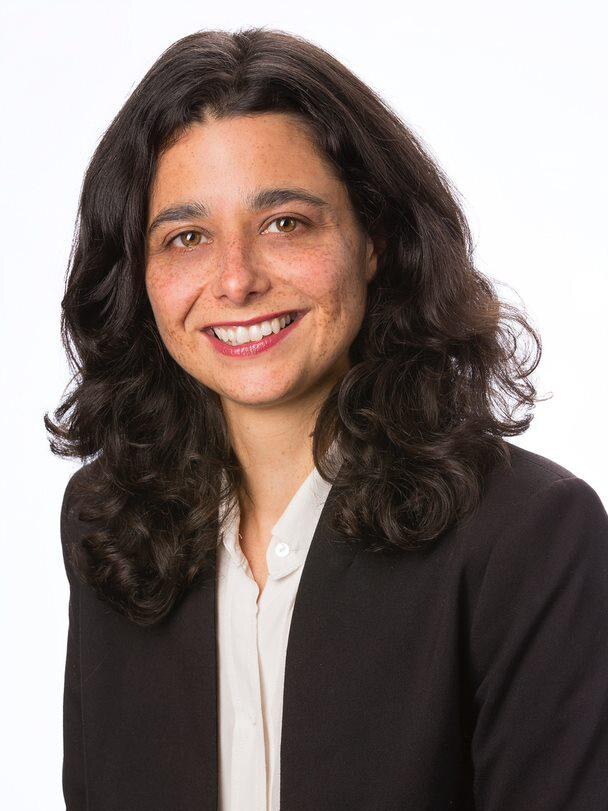
Simply pursuing beauty in art – untarnished by left-wing politics – has become an “anachronism”, it argues.
Director of the Foundations of Western Civilisation Program at the IPA, Dr Bella d’Abrera, said the Canberra-based bureaucratic body in charge of picking the winners appeared to be only interested in “identity politics, social justice and intersectionality”.
Southern Highlands based artist Mr Storrier, who won Doug Moran National Portrait Prize and the Archibald Prize, said “clearly these days the Australia Council has very little to do with the Arts and a lot to do with woke politics”.
“If there was any doubt that the Australia Council is a highly politicised organisation then you only have to glance at the language of the awards and it is clear that it has become a standard neo Marxist postmodern funding Council,” he said.
Among the recipients this year was a “gender transcendent diva”, a didgeridoo player and a writer who lectures on human rights, whose work is “underpinned by the rights and experiences of refugees”.
The winner of the emerging and experimental arts category, “deals with concepts of sexual and gender politics, human and inter-species empathy, anthropomorphism, and science”.
Mr Storrier pointed to phrases included in council’s media release such as “concepts of sexual and gender politics, human and inter-species empathy”, “investigations into cross cultural collaborations” and “research into plant signalling”.
“Years ago it used to be referred to as the Arts Council,” he said.
“It appears that a lot of awarded practices in no way could be described as ‘art’ in the accepted meaning of the word.
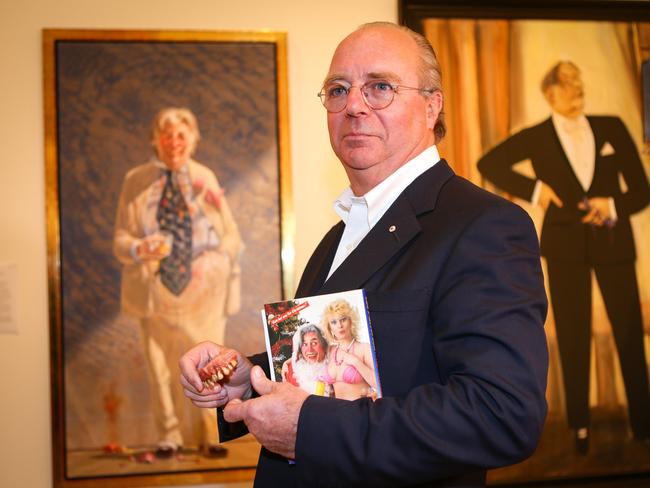
“In my opinion, if you believe you are an artist the only valid reason to apply for an Australia Council grant would be so you can pay the taxi to the airport to take you as far away from the Australia Council as you can get.
“And remember the old adage, ‘if you take the King’s shilling, you do the King’s bidding.”
Ms d’Abrera said “it would be harder to find an event which better exemplifies the hyper-politicisation of the arts than the annual Australia Council for the Arts awards”.
“This year, the recipients, though no doubt highly talented in their particular fields, ticked so many diversity and inclusion boxes that the Council might as well be done with it and call it the Annual Woke Awards.
“The elite who run the council are only interested identity politics and making political statements through the arts, not making the arts accessible to Australians.”
The Australia Council says the artists it chose were “crucial in understanding and shaping our sense of national identity”.
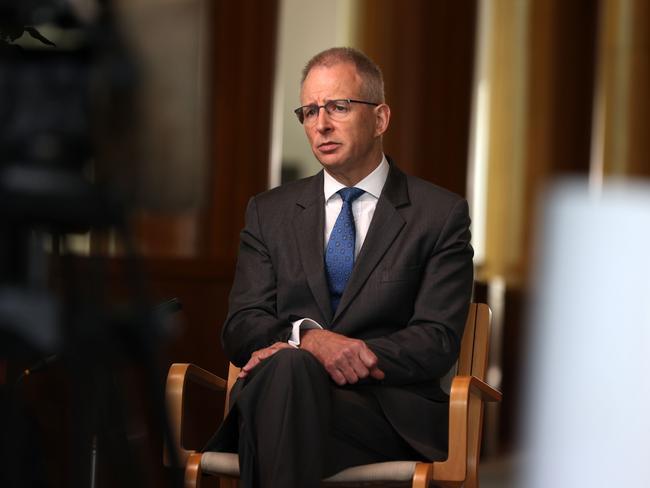
Three weeks ago Arts Minister Paul Fletcher gave a speech arguing the arts were “for all Australians” and Commonwealth grants should better reflect the geographic spread of population and interests of “everyday people”.
But asked on Thursday about the latest grants, a spokesman for the Minister said “decisions about individual grants are made by the Australia Council, at arm’s length from Government, as is appropriate”.
In response to the criticism, a spokeswoman for the council said the awards “reflect the diversity of Australia’s artistic and cultural excellence”.



